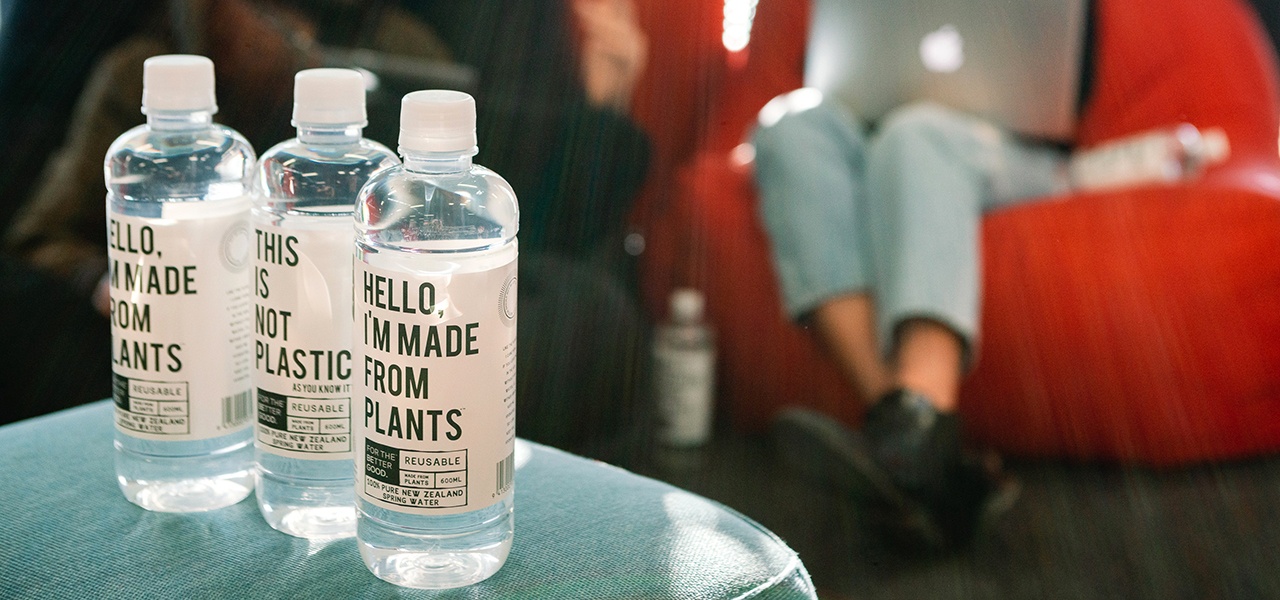New Zealand’s largest city is spearheading the country’s target of reaching net zero emissions, with a comprehensive climate plan and unique solutions for becoming a greener city. The resulting burgeoning green economy offers new opportunities for foreign business and investment.
New Zealand signed the Paris Agreement in 2016, committing to the global transition to net zero emissions. Further responding to this national and global call to action, Auckland declared a climate emergency in 2019 and adopted a formal Climate Action Plan in 2020.
Like many cities globally, Auckland’s resource demands from production and consumption are greater than the earth’s renewal capacity or the ability of the city’s natural environment to absorb emission and waste products.
According to the United Nations Industrial Development Organization (UNIDO), the thrust of the ‘Green Economy’ is ‘achieving improved human well-being and social equity while simultaneously diminishing environmental risks and reducing ecological scarcities’, while the ‘Green Industry’ is transforming manufacturing and allied sectors ‘by introducing more efficient/productive/responsible use of raw materials so that they contribute more effectively to sustainable industrial development’. Extract from UNIDO Green Industry Initiative.
A direction for transition
Auckland has committed to reducing greenhouse gas (GHG) emissions by 50 per cent by 2030 and reaching net zero GHG emissions by 2050. Te Tāruke-ā-Tāwhiri: Auckland's Climate Plan provides direction for how the city can achieve this transition.
Key actions of the plan include:
- Accelerating the decarbonisation of Auckland’s business sector
- Fast-tracked technology adoption
- Supporting suppliers as they transition to a lower-carbon economy
- Investigating and supporting the role of alternative, low-carbon fuels
- Enabling fuel switching from natural gas to electricity
The most significant sources of emissions in Auckland are related to transport, energy use in industry and buildings, and industrial processes.
Nurturing a green ecosystem
Auckland has developed its own unique solutions to become a greener city, but is looking for more business, investment and talent in the green sector. Here are a few early adopters:
- Mint Innovation is a clean tech startup with an innovative approach to recycling electronic waste by harnessing specialist microbes.
- Critical Design up-cycles plastic into stylish home and office products.
- Ports of Auckland has committed to building a hydrogen production and refuelling facility at its Waitematā port. The company, and project partners Auckland Council, Auckland Transport and KiwiRail, will invest in hydrogen fuel cell vehicles including port equipment, buses and cars as part of the project.
Supporting green business and investment
Auckland is capitalising on the benefits created by a greener local economy, by welcoming overseas business and investment that can help resolve environmental issues commercially.
Priority areas include: ‘Greening’ the construction, visitor, industrial and commercial sectors; heat process solutions; CO2 reduction; transport; circular manufacturing solutions; plastic recycling; transport solutions; e-vehicle charging; and e-transport solutions.
There are a number of organisations and initiatives in place to support green business and investment in the city, including:
- The Climate Commission, Circularity NZ and the Sustainable Business Network, which provide resources for learning about the country’s green economy ecosystem and the opportunities that exist.
- Tātaki Auckland Unlimited, which works with regional, national and international partners in the public and private sectors to support the transition to a resilient and low-carbon economy, while recovering from the impact of COVID-19.
- Callaghan Innovation, which helps companies established in New Zealand succeed through innovation.
- Government R&D tax incentives for qualifying companies.
- Universities and institutes collaborating on research in the green sector.
- Auckland University Centre for Green Chemical Science, which promotes and facilitates education and public engagement in green chemical science.
- The government’s Ministry for the Environment also outlines the way it will accelerate funding of projects that can reduce emissions.
Invest Auckland, the investment team at the region’s cultural and economic development agency, Tātaki Auckland Unlimited, has now made the green sector an economic focus. We look forward to building capability and knowledge of this crucial sector with our partners and investors to maximise the opportunities it presents.
Find out more
Contact Investment Specialist Andrew Carpenter to learn more about investing in Auckland, New Zealand.
This article provides general information on potential investment opportunities in Auckland and is not intended to be used as a substitute for financial advice. The views and opinions expressed are those of the relevant author, and do not necessarily reflect the views of Tātaki Auckland Unlimited. Tātaki Auckland Unlimited disclaims all liability in connection with any action that may be taken in reliance on this article, and for any error, deficiency, flaw or omission contained in it.
